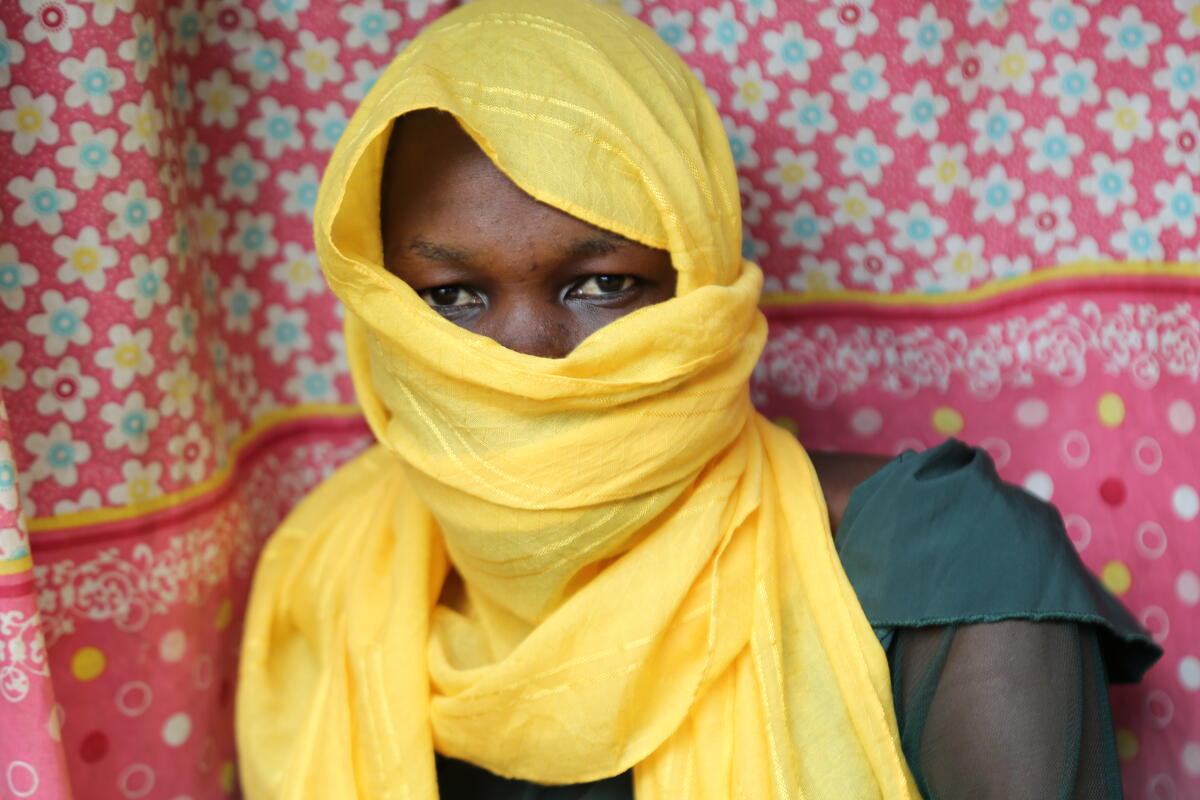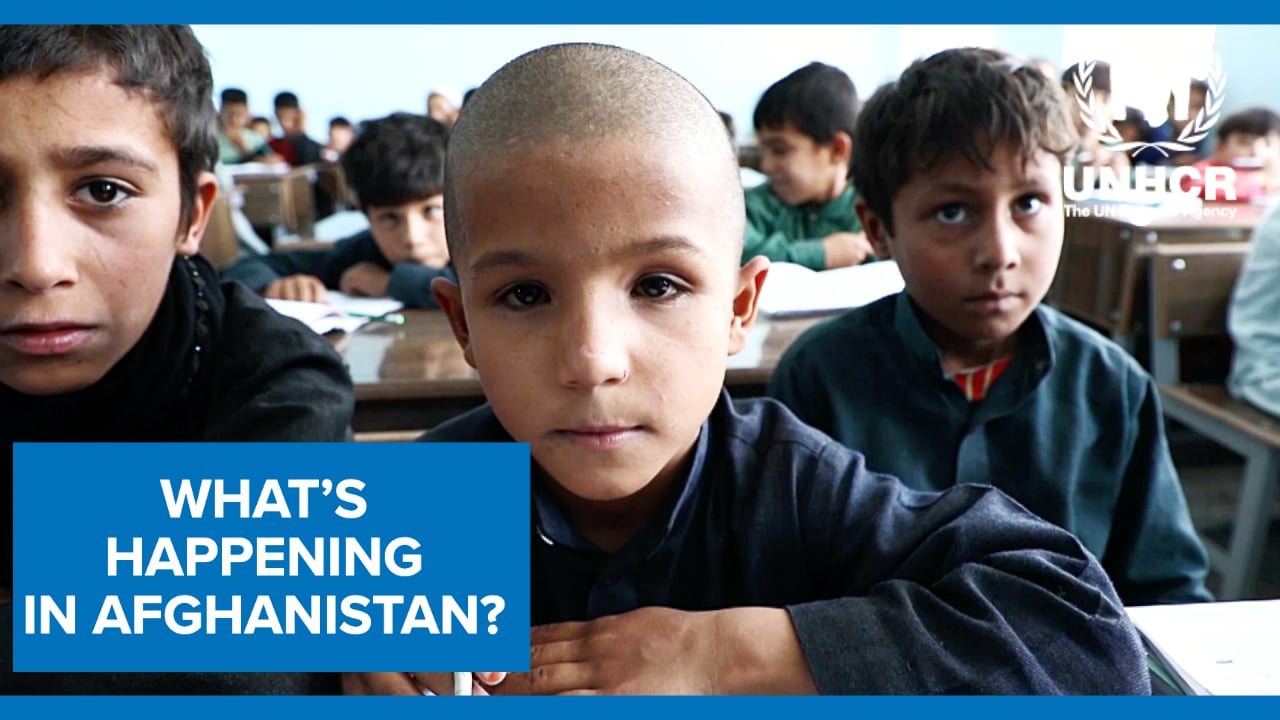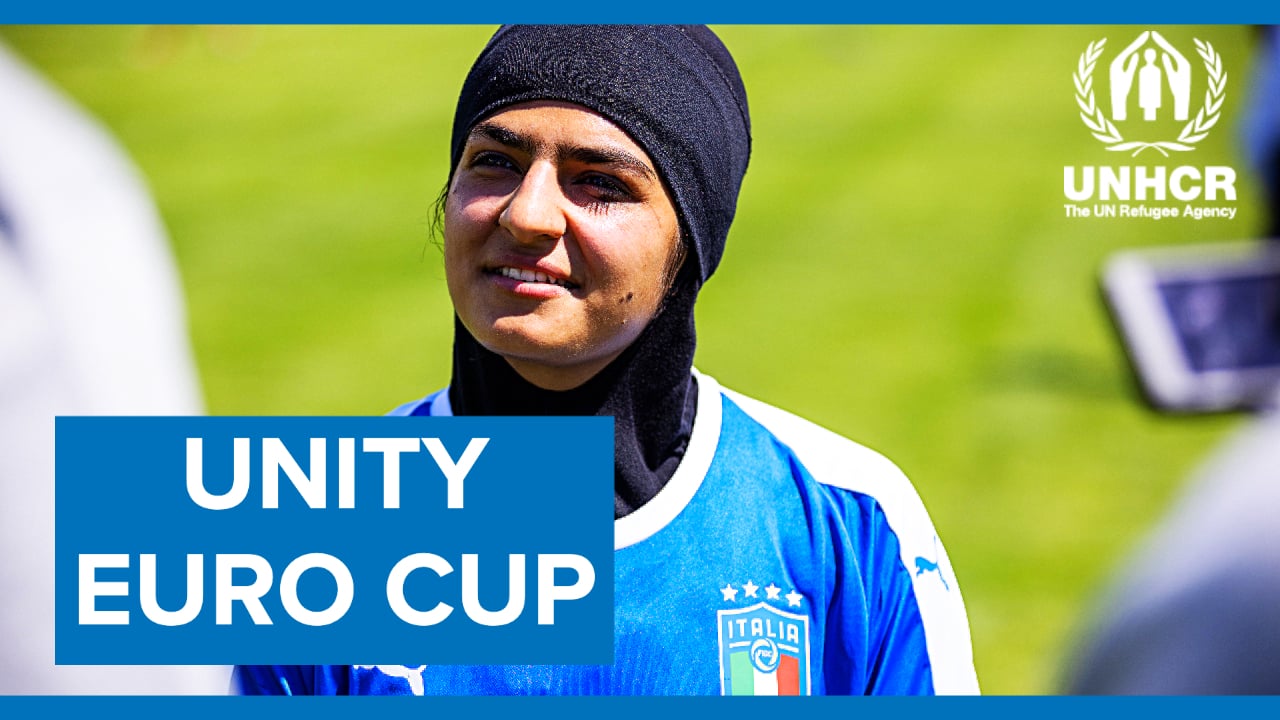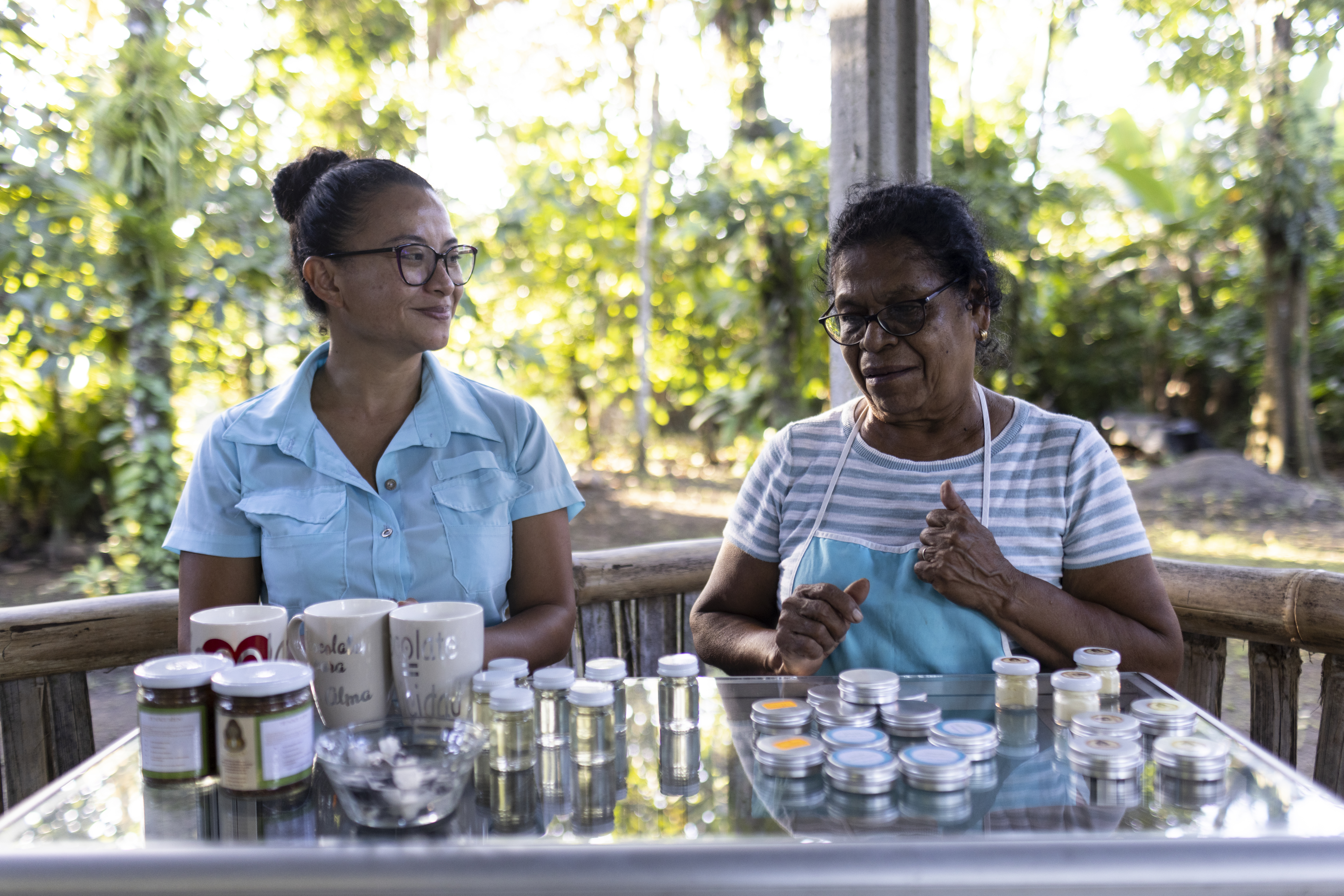Strengthening efforts to combat gender violence against refugees in Kenya
Strengthening efforts to combat gender violence against refugees in Kenya

NAIROBI, Kenya, Feb 9 (UNHCR) - The UN refugee agency and its partners in Kenya have launched a project to strengthen existing actions to prevent and respond to sexual and gender-based violence against refugees.
Launching the "Preventing Sexual Exploitation and Abuse in the Kenya Refugee Programme" project in Nairobi last Thursday, UNHCR's Representative in Kenya, George Okoth-Obbo, acknowledged that sexual and gender-based violence could happen in any refugee setting where the beneficiaries are vulnerable and rely on external parties to provide assistance and protection.
"Quite serious violations of the safety, security and dignity of refugees have occurred in many refugee programmes in the past," said Okoth-Obbo. "It is an irony that refugees have fled their homes because they could not find safety, yet they arrive in asylum to find equally acute forms of danger, fear and anxiety."
He added, "The project we are launching today is one among the cluster of steps that we have taken on this road towards implicit and sustained ethical rectitude in the discharge of our responsibilities to our beneficiaries."
Kenya hosts some 240,000 refugees in Kakuma camp in the north-west and Dadaab camp in the east.
In 2003, UNHCR and other agencies working in the Kenya refugee programme developed and signed a joint code of conduct to guide staff on ethical behaviour in their professional and private lives. Signatories include the African Refugee Training and Employment Service (ARTES), African Rehabilitation and Education Programme (AREP), CARE International in Kenya, Deutsche Gesellschaft für Technische Zusammenarbeit (GTZ), GOAL Kenya, International Rescue Committee (IRC), Lutheran World Federation (LWF), UNHCR, UNICEF, Windle Charitable Trust, World Vision International and FilmAid International.
As part of existing measures, UNHCR has been distributing firewood to refugees in the camps, meeting 35 percent of their energy needs so that vulnerable people do not have to venture out for firewood and risk being attacked. The agency has also provided refugee women with alternative sources of fuel and ways of cooking with solar cookers and energy-saving stoves, freeing them up to participate in community activities.
At the same time, refugee women are encouraged to take up leadership positions. They are trained on leadership skills and problem-solving techniques to enable them to participate in all management and leadership committees.
Income-generating activities like tailoring, carpentry and basket weaving also help to empower them and reduce their vulnerability to gender-based violence.
Strengthening these existing measures, the project launched last week seeks to standardise the process of reporting and investigation when cases of abuse or exploitation arise. Representatives of the government, non-governmental organisations, refugees and host communities are currently being trained in interview techniques and complaint investigation.
In addition, educational materials and videos are being produced and distributed so that refugees and other beneficiaries of the Kenya programme can learn more about their rights, entitlements, and the zero tolerance policy towards sexual exploitation and abuse.
The IRC is coordinating the expanded project and spearheading resource mobilization efforts with the US Bureau for Population, Refugees and Migrations (BPRM), which has provided $255,000 for the first year of implementation. The project is managed by a Steering Committee composed of UNHCR, IRC, CARE and FilmAid International.
"We welcome this new commitment by humanitarian workers in Kenya to protect our brothers and sisters from exploitation," said Martina Kani, a refugee woman from Sudan's Western Equatoria province.
The project launch last week was attended by government officials led by the Ministry of Home Affairs' Permanent Secretary, representatives of NGOs, civil society, the media and refugee leaders.
"The Kenyan government fully supports the adoption and signing of this Code today," said Mohamed Mahamud, Permanent Secretary in the Ministry of Home Affairs. "The transgression of the rights of refugees, especially sexual abuse and exploitation, cannot be tolerated or condoned under any circumstances."
In the first years of the influxes into Kenya that started in 1991, the rape of women and girls by bandits, thugs and other criminals occurred with shocking frequency and magnitude. Today, through the sustained interventions of the government law enforcement agencies and the work of UN agencies and NGOs in Kenya, rape has been reduced drastically. In Dadaab for example, rape incidents have dropped from 1,500 to 16 in 2004.
However, the need for continuing efforts remains critical. UNHCR and its partners have established mechanisms to respond quickly and effectively to all forms of misconduct by its staff. Other measures instituted by the new project will complement these efforts.
By Emmanuel Nyabera
UNHCR Kenya









